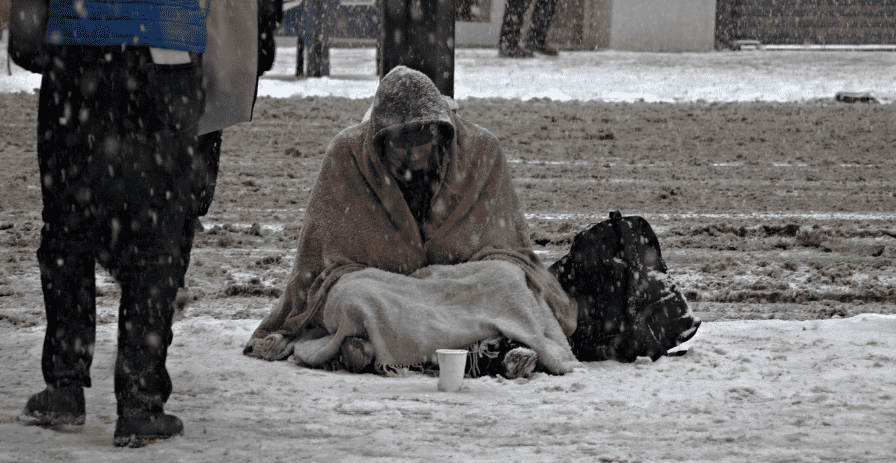Homelessness and opioid supports needed from Oshawa to Pickering, region says
Published February 16, 2024 at 12:21 pm

Durham Region is calling for additional supports from the federal and provincial governments to address the ever-worsening homelessness and opioid crises.
In a statement released Feb. 15, Regional Chair John Henry called the dual crises “a serious situation that requires immediate action.” He said Durham has recently seen a 67 per cent increase in the number of people living on the street. “Yes, we are doing what we can, but we can’t keep up,” he said.
The region has undertaken a series of projects to get people housed including the controversial 45-bed shelter at 1635 Dundas St. planned “revitalization” of the local housing stock and mixed-use affordable housing.
However, the local homeless population continues to grow. According to Henry, the area hospital network Lakeridge Health reported 14,000 mental health and addiction visits across their locations.
“There are many reasons why people may end up in crisis. But the sad fact is that we are seeing it much more often,” Henry said.
In addition to the hospital strain, the crises are spreading first responders thin. Durham Paramedics reported 127 calls for suspected opioid overdoses in Jan. 1 to Feb. 11. Per Henry, this is 72 more calls than the same timeframe last year, a 130 per cent increase.
“We’ve seen an Ontario municipality issue a state of emergency because of this opioid and homelessness reality,” Henry said, “A staggering number of overdoses—pushing their emergency services to a breaking point. But sadly, they are not alone. This is what so many other communities are also facing.”
Henry is referring to Belleville which saw 23 overdoses between Feb. 6 and Feb. 8. Belleville Police issued an advisory asking people to stay out of the downtown core to allow first responders room to work. Testing later revealed the opioid supply had been laced with animal tranquillizer xylazine.
The drug is typically used to knock out large livestock animals. In humans, it can cause hours-long blackouts and unconsciousness. It was first identified in the unregulated drug supply in 2012, according to the Canadian Centre on Substance Use and Addiction, but has grown more common recently. While naloxone can reverse the effects of an opioid overdose, it does not affect xylazine.
Belleville Mayor Neil Ellis called on the province to supply $2 million in emergency support. While he did specify an amount, Premier Doug Ford said funding would be forthcoming. Henry applauded the province’s response as “absolutely the right thing to do.”
He also applauded a one-time federal funding top-up to address homelessness. Earlier this month the feds announced a nearly $200 million fund for low-income renters and homeless shelters. More than half that funding is aimed at emergency winter shelters to improve access.
“We need to advance long-term solutions in Durham to meet the need. We invite the Prime Minister and Premier of Ontario to meet with Durham Regional Council to discuss this crisis, the challenges and proposed solutions here in our community,” Henry said.
INsauga's Editorial Standards and Policies









